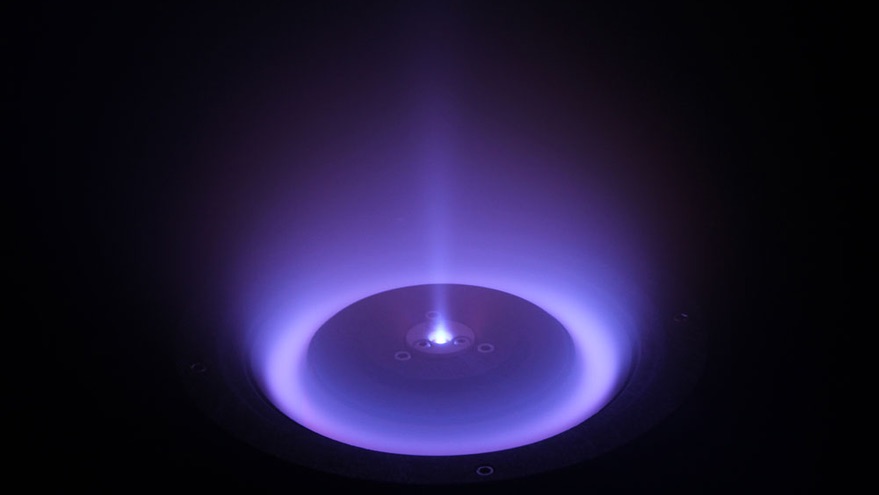WASHINGTON — Apollo Fusion announced Jan. 26 it won an order from York Space Systems for a set of satellite electric propulsion systems.
Apollo Fusion said it will provide its Apollo Constellation Engine (ACE) electric propulsion system for a low Earth orbit constellation of at least 10 satellites York is building for launch in 2022. The companies did not disclose the constellation, but York won a Space Development Agency contract in August 2020 for 10 satellites scheduled for launch in 2022 to provide communications services.
The York order is the fourth customer for Apollo’s Hall effect thrusters, Mike Cassidy, chief executive of Apollo, said in an interview. Other customers include Saturn Satellite Networks, which will use the thrusters on the small geostationary orbit satellites it is developing; Spaceflight’s Sherpa space tug; and the U.S. Air Force, which will fly it on an unnamed intelligence spacecraft.
Apollo now has firm orders for more than 20 propulsion systems from those four customers, he said, but could grow to “on the order of 200” if those customers exercise contract options. The company has submitted proposals for up to 2,000 more thrusters.
Cassidy is confident that the company can meet that demand if it wins a large fraction of those proposals. “From day one, our business plan was to supply constellations of propulsion systems,” he said, including a “Silicon Valley-like” approach to rapid iteration and a thruster design intended to be easy to build.
That strategy also relies on a manufacturing partner able to produce large volumes of thrusters. Cassidy declined to name that company, but said it produces other components for companies such as Northrop Grumman and Raytheon. “For them to do 10 units a month or 100 units a month is trivial,” he said. The main bottleneck to production is access to vacuum chambers needed for acceptance testing of the completed thrusters.
That manufacturing capacity has helped the company win its contracts. “We’re great on performance and great on price, but frankly it’s the manufacturing component that’s been winning the deal for us,” he said.
Apollo Fusion is continuing research and development of thruster designs. The company currently offers two versions of ACE: one that uses 400 watts of power and the other 1,400 watts. The higher-power thruster incorporates electromagnetic shielding to reduce erosion on thruster components from the plasma. “You’ll run out of fuel before you erode away the sides of that thruster,” Cassidy said.
The lower-power thruster is smaller, but lacks the electromagnetic shielding. The company is improving the design to increase its lifetime. Some customers, he said, are seeking a “hybrid” of the two designs, one with higher power but that is also lighter.
“We’re seeing evidence that the market is excited about what we’re offering,” Cassidy said. “We feel like we’re in a really good spot.”
